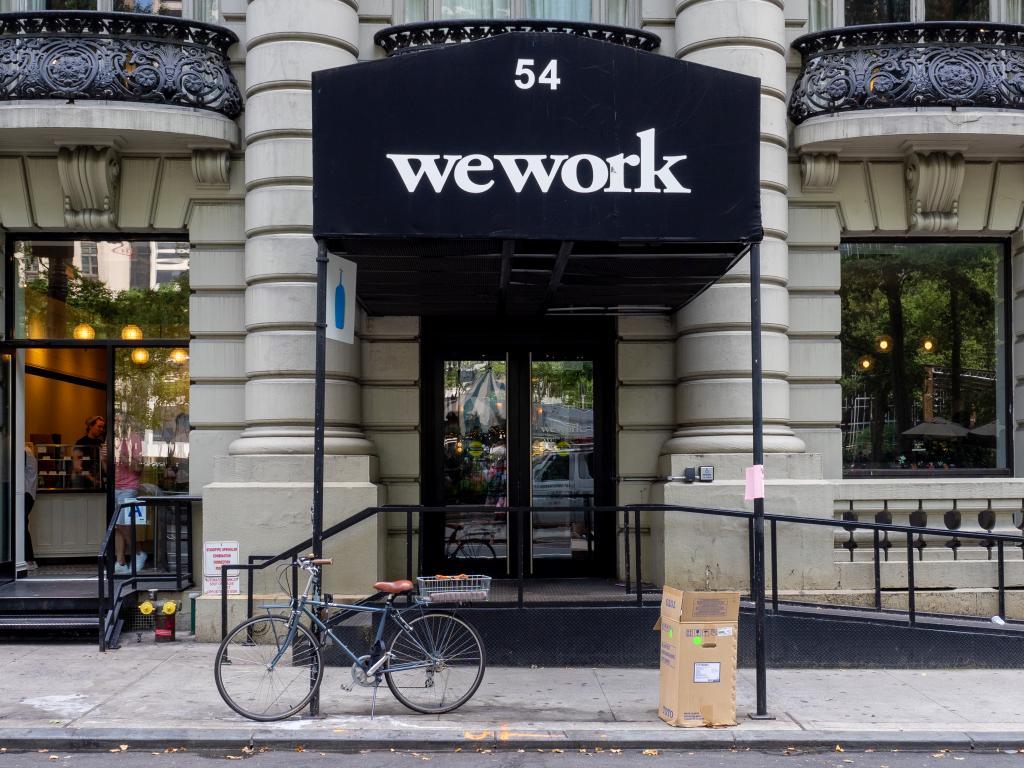Analyst On WeWork: High Growth Equals High Cash Burn

Photo by Ajay Suresh via Wikimedia.
WeWork is postponing its initial public offering, partly due to valuation concerns. The botched IPO may have been a positive move as it would have been "hard to imagine" the stock performing well, according to D.A. Davidson.
The Analyst
D.A. Davidson real estate analyst Barry Oxford commented on WeWork's business.
The Thesis
WeWork's business model of short-term leasing office space to members at a premium cost attracts small businesses along with some of the most valuable companies in the world like Microsoft Corporation MSFT, Oxford said. WeWork's clients like the concept of short-term leases as it allows them to adjust their real estate needs rather quickly.
However, the high immediate growth prospects and management's focus on "growth for growth sake" is not an attractive strategy for investors, the analyst wrote in a note. For example, revenue doubled in size from $886 million in 2017 to $1.8 billion in 2018, but over the same time period cash flow worsened from negative $1.2 billion to negative $2.2 billion.
Granted, every company needs to invest in growth in its early stages and all unicorns will have initial cash outlays. But investors need to be shown a business like WeWork can generate a profit and after nine years this has yet to materialize.
WeWork's corporate structure and governance in some cases directly benefit the founders and not new shareholders. Company CEO Adam Neumann has ultimate voting control through a dual structure and can dictate the outcome of topics submitted for approval by shareholders.
Oxford also said WeWork's business structure of selling short-term leases is not equipped to handle a recession as vacancy can "move rather dramatically" if the economy slows down or contracts.



